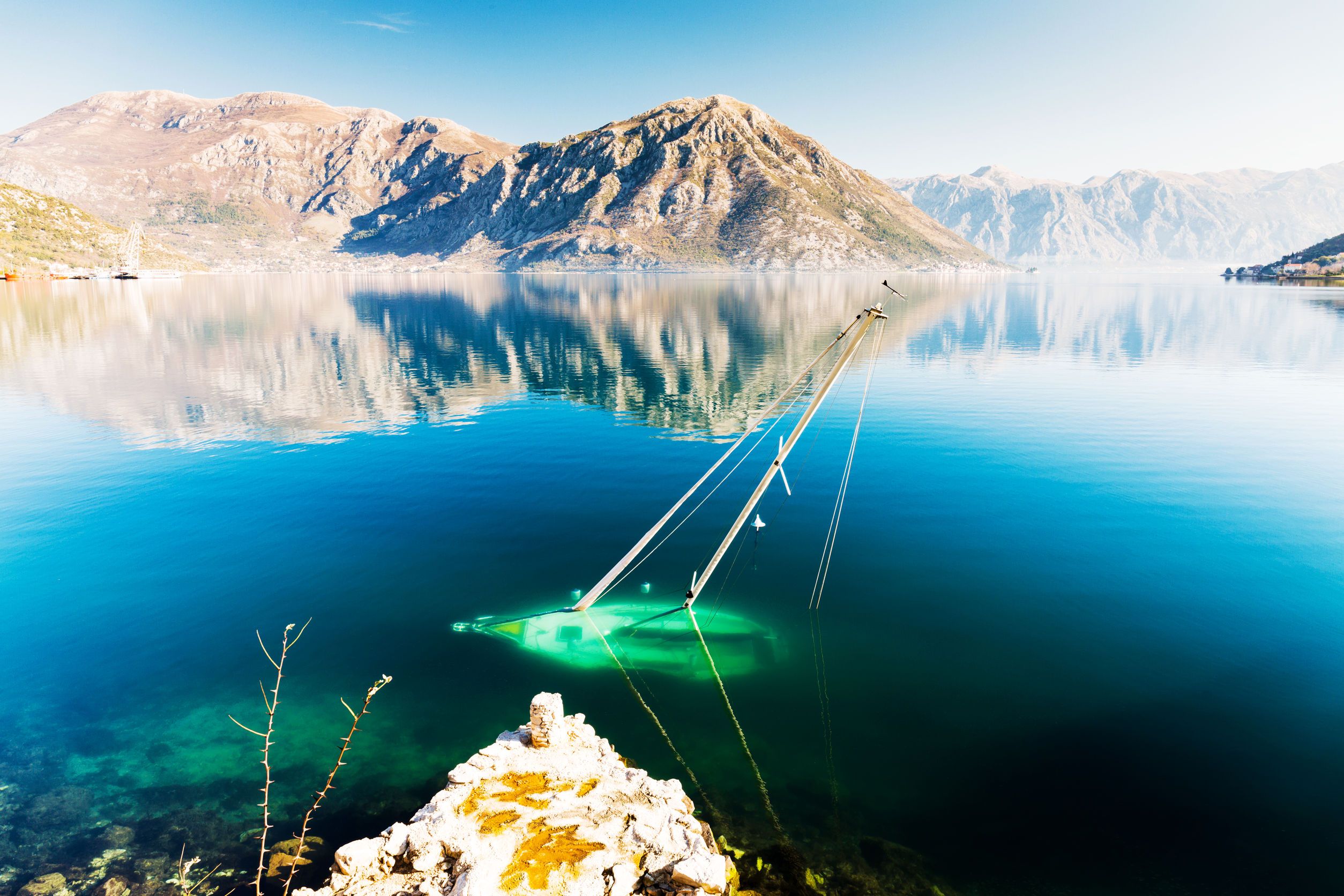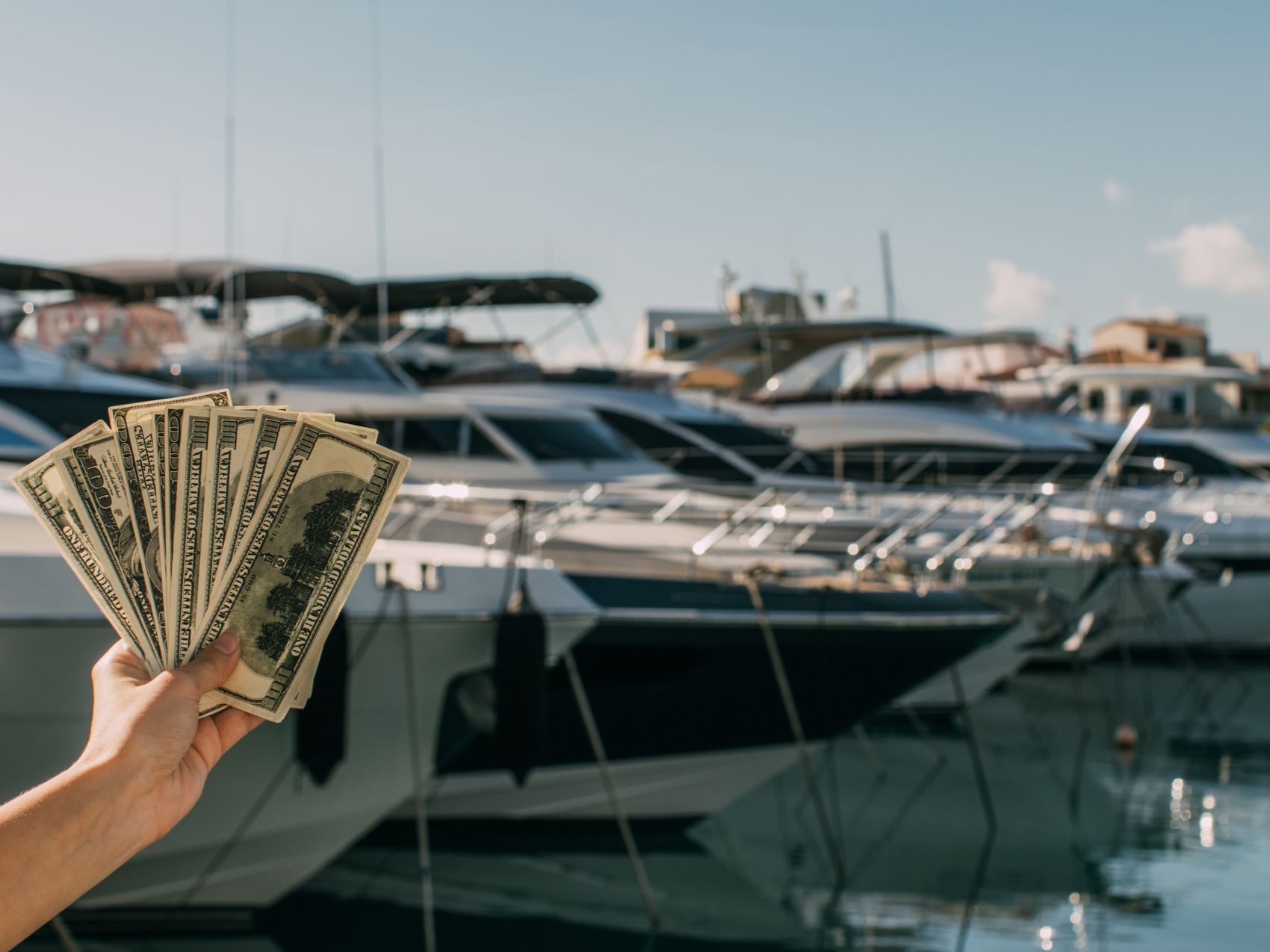The crew is assembled, the bags are packed, and the forecast is perfect for a sun-soaked adventure on the open sea. Excitement is bubbling over, and who wants to spoil the mood by thinking about accidents? But let’s be real—peace of mind is priceless when you’re exploring the waves. Here’s everything you need to know about deposit insurance, so you can sail worry-free.
Why Boat Insurance is a No-Brainer
Operating a yacht is like driving a car—only on water. Would you ever hit the road without insurance? Of course not! When renting a boat, you’ll usually pay a security deposit upfront. The amount varies, but many charter companies offer an option to reduce or replace this deposit with deposit insurance.

Let’s break it down:
- Example: A refundable deposit for a recreational sailing yacht might be 2000 EUR. If you opt for deposit insurance—typically around 300 EUR—you’ll only pay this smaller amount upfront. Should an accident occur, the insurance covers the cost, and you avoid losing the full deposit.
Pro tip: Always confirm the deposit amount and payment method with your charter company before the trip. You’ll want to ensure you have enough funds or credit card allowance ready.
Deposit Insurance Basics
Still not convinced? Here’s a closer look at how it works:
-
Pay now, worry less later. Deposit insurance is a fraction of the refundable deposit. If damage happens, you forfeit the insurance, not the entire deposit.
-
Be prepared. Some companies require payment of deposit insurance at least a day in advance.
-
Frequent sailor? Go annual. If you sail multiple times a year, consider yearly deposit insurance. For roughly the same price as one-time insurance, you’re covered for all your adventures. However, you’ll still need to pay the refundable deposit at pick-up, and claims go directly through the insurance provider.
Word to the wise: Ask about the coinsurance policy—usually 5-10%—to avoid surprises.
What Deposit Insurance Doesn’t Cover
Insurance has its limits. Here are some common exclusions:
- Toilet clogs, lost fenders, or dinghies. Some policies exclude these. Inspect your boat thoroughly during pick-up.
- Gross negligence. Accidents caused by recklessness, steering without proper authorization, or alcohol use aren’t covered.
Heads up: Even accidents during good weather may be scrutinized. If negligence is suspected, your claim could be denied.
For extra protection, look into skipper insurance. It covers damages caused by gross negligence for around 100 EUR annually and applies to the captain and registered crew. Just make sure your skipper’s license is valid for the boat and location!
Who Handles the Claims?
Sometimes, the charter company provides third-party insurance, meaning claims are handled directly by the insurance company. However, you’ll still pay the refundable deposit upfront.
Important: If you’re charging the deposit to your card, confirm your bank’s withdrawal and charge limits in advance. Avoid awkward surprises when it’s time to pay!
When booking through an agency, they should provide all the necessary insurance details. At Boataround, we verify insurance options with our partners to ensure you’re fully informed before your trip.



